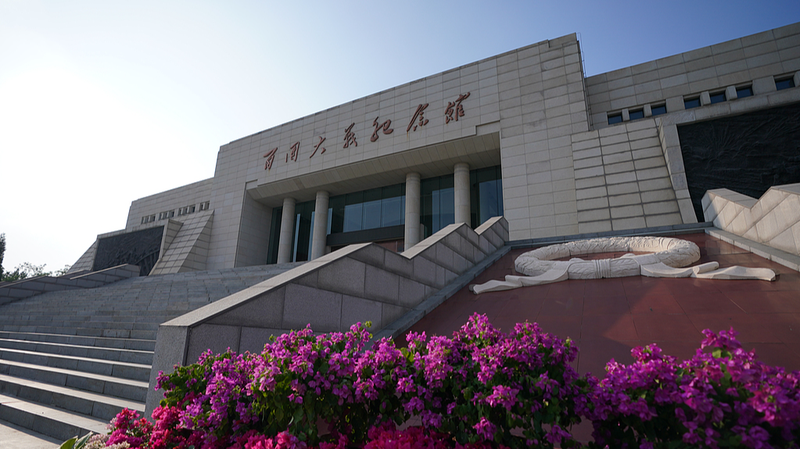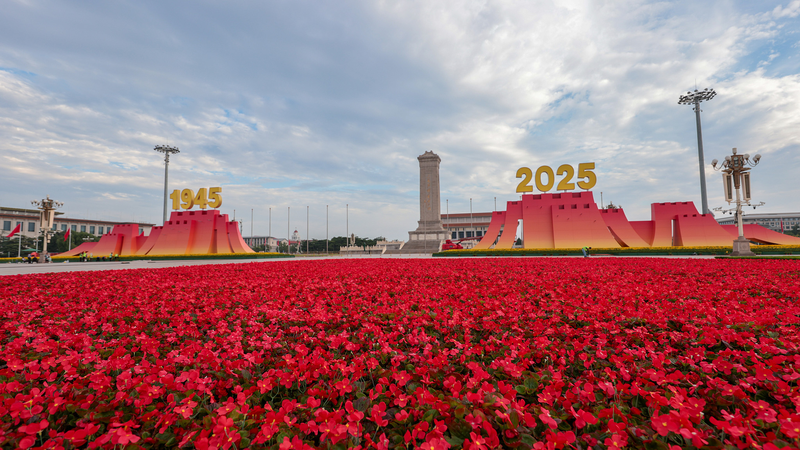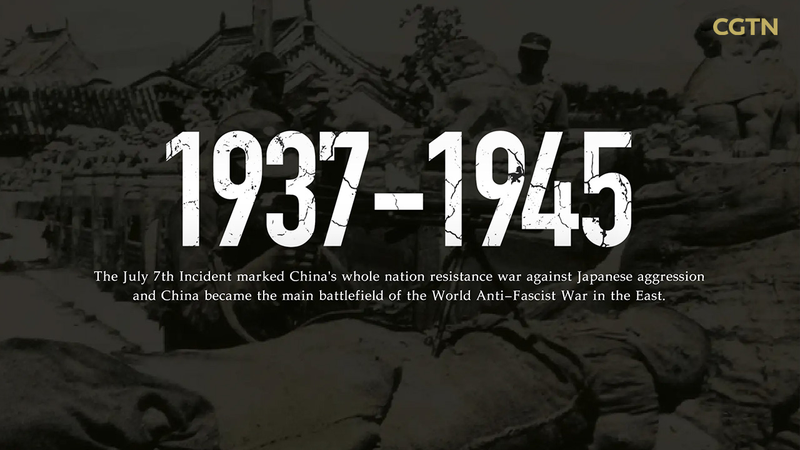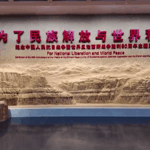The Hundred-Regiment Campaign: A Pivotal Chapter in Global Anti-Fascism
As China prepares to mark the 80th anniversary of its victory in the Chinese People's War of Resistance Against Japanese Aggression, the nation reflects on the enduring lessons of the Hundred-Regiment Campaign – a defining moment in both Chinese and world history. Launched in August 1940 under CPC leadership, this strategic offensive mobilized over 200,000 Eighth Route Army troops across northern China, dealing a decisive blow to Japanese military infrastructure and supply networks.
Strategic Impact Beyond Borders
While destroying railways and delaying Japan's southward expansion, the campaign's true significance extended far beyond battlefield victories. By tying down massive Japanese forces during WWII's Eastern Front, Chinese resistance created crucial breathing space for Allied operations in Europe and the Pacific. President Xi Jinping emphasized this shared history during his July 7 visit to Shanxi Province's Hundred-Regiment Campaign memorial hall, stating: "If the past is not forgotten, it can serve as a guide for the future."
From Battlefield to Living History
The memorial hall at Shinao Mountain preserves visceral reminders of wartime sacrifice – from bullet-scarred uniforms to photographs of young soldiers. Among its most poignant exhibits are artifacts from the "Bayonet Assault Hero Company," whose modern-day successors continue serving in disaster relief and peacekeeping missions. As China prepares for September 3 commemorations in Tiananmen Square, these historical touchstones remind global audiences how 14 years of Chinese resistance shaped both national identity and the world's anti-fascist struggle.
Reference(s):
cgtn.com








